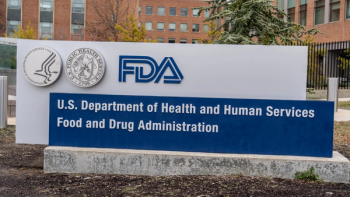
Study raises alarming concerns
Adverse drug reactions in hospitals could be a leading cause of death in the United States, according to a controversial study published in the April 14 issue of The Journal of American Medical Association.
Adverse drug reactions in hospitals could be a leading cause of death in the United States, according to a controversial study published in the April 14 issue of The Journal of American Medical Association.
Bruce Pomeranz, M.D., and his colleagues at the University of Toronto analyzed 39 studies of adverse drug reactions within the last 32 years to estimate the incidence of serious reactions in hospital patients. Serious adverse drug reactions were defined by the authors as those that require hospitalization, prolong hospitalization, cause permanent disability or result in death.
They concluded that 2,216,000 patients had serious adverse drug reactions and 106,000 patients died from such reactions. If the authors are correct in their data, this would vault adverse drug reactions into the position of fourth-leading cause of death, ranking behind heart disease, cancer and stroke, respectively.
The researchers and their results came under immediate attack. The Situation Management Group Inc., Washington, a management consulting firm that serves pharmaceutical companies as well as other clients, pointed out that Pomeranz has been an advocate of acupuncture and a critic of traditional medicine, and suggested that these leanings influenced his study findings.
David Bates, M.D., of Partners Healthcare Systems and Brigham and Women's Hospital in Boston, wrote an editorial in the April 15 issue of The Journal of American Medical Association rebutting Pomeranz's methodology.
Pomeranz examined data compiled from multiple studies spanning a broad period of time. He did not rely on original research.
"The hospitals studied are probably not representative of hospitals at large," Bates wrote. "Such studies are more likely to be conducted in academic, tertiary care hospitals; these hospitals have sicker patients and these patients have more adverse drug reactions. Another issue is whether the sites of care sampled within the institutions were representative of the institutions."
Bates did acknowledge, however, that the data was important. Even if the number of adverse drug reactions is somewhat exaggerated, he said, "it is still high, and much higher than originally recognized." PR
Newsletter
Lead with insight with the Pharmaceutical Executive newsletter, featuring strategic analysis, leadership trends, and market intelligence for biopharma decision-makers.



